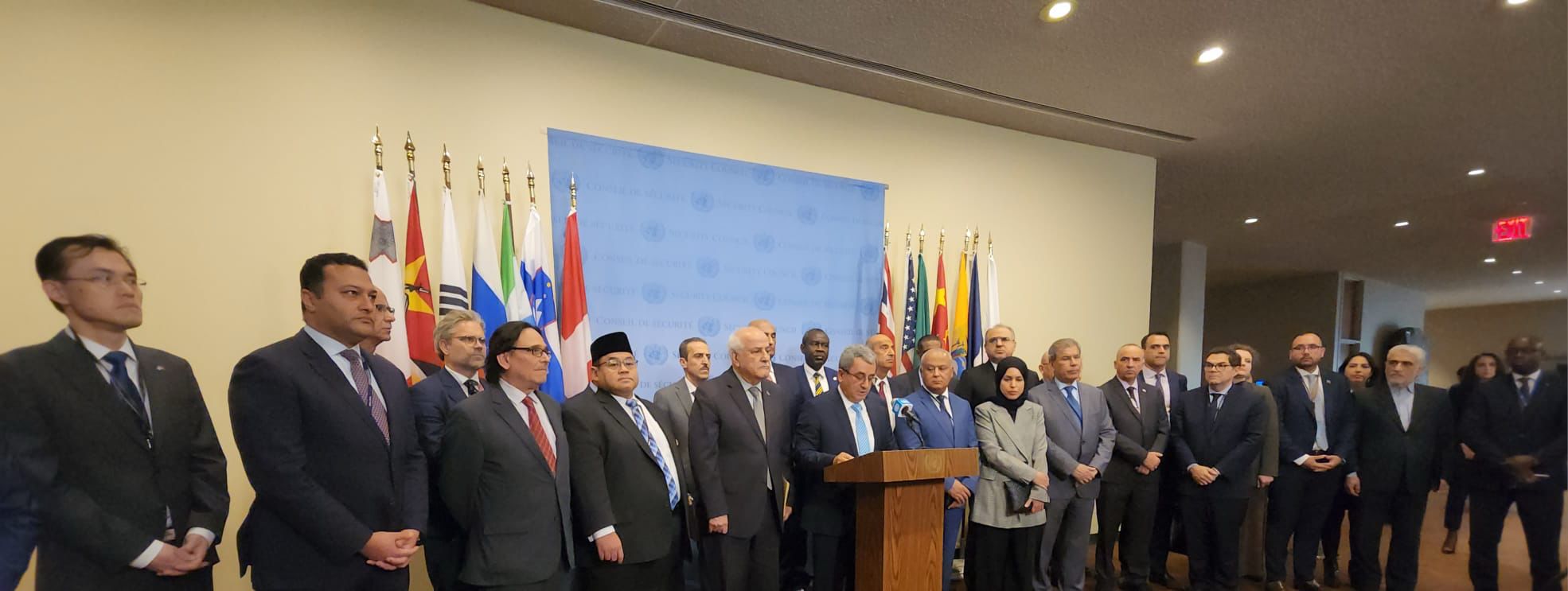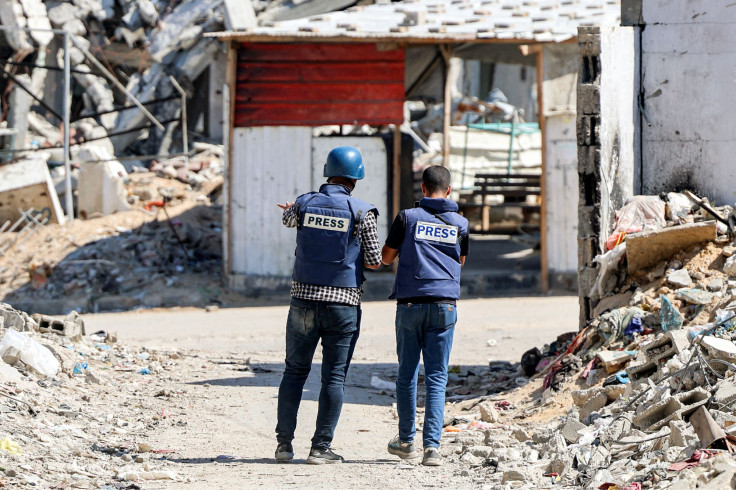This year marks the deadliest period for media workers since the Committee to Protect Journalists (CPJ) began tracking fatalities in 1992, with 137 journalists killed.
Qatar has called for immediate global action to protect journalists in areas of conflict, and has urged for an immediate halt of arms transfers to Israel amidst its ongoing war on the Gaza Strip.
In her address to the 79th session of the United Nations General Assembly, Qatar’s Permanent Representative, Sheikha Alya Ahmed Al Thani, highlighted the importance of providing physical protection, legal support, and safety tools for media workers covering conflicts.
Sheikha Alya went on to say that journalists must be treated as civilians under international law, as outlined in Article 79 of Additional Protocol I of the Geneva Conventions. The provision ensures that journalists in war zones are granted the same protections as civilians, provided they are not directly involved in hostilities.
The Committee to Protect Journalists (CPJ) reports that at least 137 journalists and media workers have been killed since Israel’s war on Gaza began on October 7 last year, making it the deadliest period for journalists since CPJ began tracking such data in 1992.
Of those killed are 129 Palestinians and six Lebanese, with many more injured, arrested, or missing.

CPJ also reported more than 130 additional cases of potential violence, including killings and injuries, though documentation is difficult under such dangerous conditions.
“Journalists have been paying the highest price – their lives – for their reporting,” said Carlos Martinez de la Serna, CPJ Program Director, in New York.
“Without protection, equipment, or basic necessities, they continue their critical work to tell the world the truth.”
The challenges for journalists in Gaza have intensified, as they face air strikes, famine, displacement of 90 percent of the population, and the destruction of a staggering 80 percent of the buildings.
These dire conditions have made it increasingly difficult for media professionals to access information and report freely.
Yet, many of them continue to persist, risking their lives to document events and ensure that the truth is shared with the world.
In a parallel effort, Sheikha Alya also participated in a media stand organised by a coalition of countries calling for a halt to arms transfers to Israel.
This initiative comes in response to the ongoing escalation of violence in Gaza and Israel’s blatant violations of international law.
The group urged an immediate stop to the flow of weapons to Israel, which could potentially be used in the occupied Palestinian territories, including occupied East Jerusalem.
The rising toll on journalists, along with broader human rights concerns, has fueled calls for accountability under international law, particularly as journalists continue to be directly targeted by Israeli forces.







